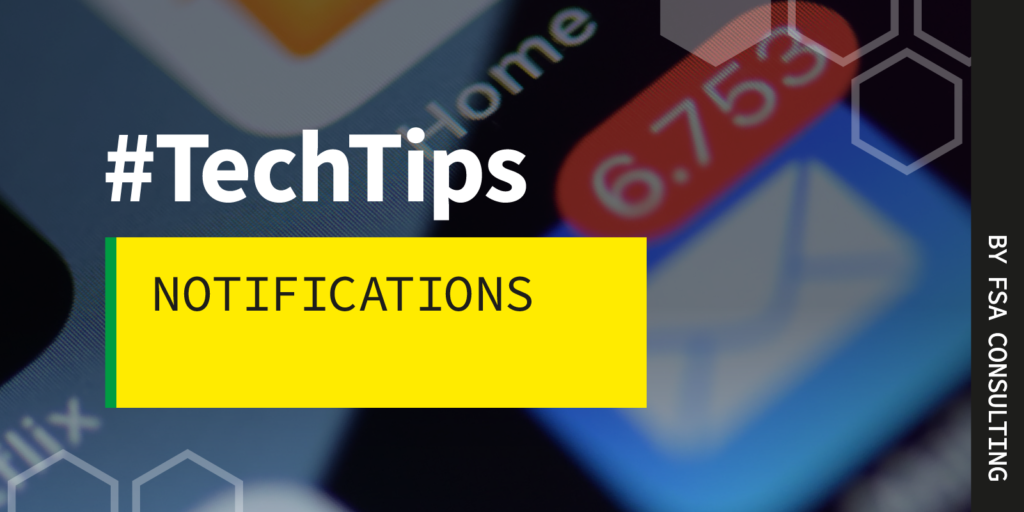Be deliberate when you’re in front of your screens — Part 2 of 3
This is the second post in our series on improving your focus and productivity through tips to make your screen time more deliberate.
We’re all Pavlov’s dogs now. Something dings and you reach to pick up your phone or open the notification that popped up on your computer screen. Alerts follow you all day long—emails, interoffice messaging systems, phone calls, texts, news alerts, “likes” on your latest Instagram posts, and even game notifications.
It starts with the best of intentions. “If I have my email notifications on, I will be able to respond to my boss or my client, at a moment’s notice. I will be seen as a dedicated employee. I will be providing great customer service.” The best of intentions.
But most calls, emails, and messages aren’t that time sensitive. Heck, a lot of them aren’t even important.
The Myth of Multitasking
Here’s a fascinating fact. While we all think we are great at multitasking, a study has shown that it takes the average person 25 minutes to get back on track after a distraction. (And we’re just talking about work. Reading a text while driving takes your eyes off the road for 5 seconds. At 55 mph, that’s like driving the length of an entire football field with your eyes closed.)
Imagine you are working on an important presentation that you have to give in 2 hours. Every time something on your desk bings, beeps, or buzzes that sucks up 20% of your time. Sure, you may be able to get back to what you were doing, but you’re not in the same mental groove, and it will take a while to get back in it.
So you’re trying to get this presentation done. And you get an email. Things beep, and on-screen notifications pop up. You check to ensure the message isn’t the last graph you need for slide 10. It’s not. There are doughnuts in the kitchen.
Now you are frustrated because you’ve been interrupted. And you still don’t have the graph. And a chocolate glazed sounds really good right now, but you don’t have time!
How can you save your sanity without missing important information?
Say No First
When an app or website asks you to enable notifications, always say no in the beginning. If you find yourself missing things or needing alerts, you can always turn it on later.
Turn it Off
Go to your notifications settings and see how many apps you have set to alert you. Think about how many of those you truly need. Which ones are legitimately helpful and provide you with the information you need?
Check on Your Schedule
Check when you have the time and capacity. This can be formalized, like checking email every morning, after lunch, and at the end of the work day. Or it can be informal, meaning you check when you are between tasks or at times that work for you. A less intrusive option is turning off sound alerts and pop ups but leaving the notification badge on, so you know you have a message but can get to it in your own time.
Leverage your focus settings
All Macs, PCs, iPhones, and Androids have focus settings that you can set up for different activities, like work, personal, sleep, etc. Focus allows you to decide what apps you will need for that activity and only allow notifications from the apps and people that align with that activity. So Grandma can’t call you during a staff meeting, and your boss won’t interrupt family game night.
These settings are pretty robust and allow you to set up exceptions so you can still be alerted to emergency or time-sensitive information.
We hope these tips help you find productivity and peace.
To eliminate notifications about tech issues and office Internet outages, call FSA Consulting to manage your IT infrastructure and save your sanity.

